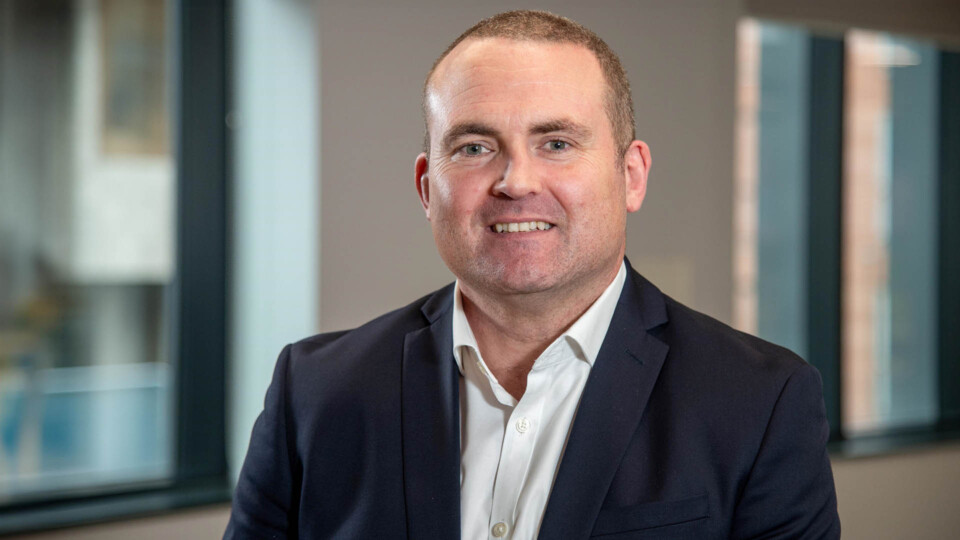Summer holiday ‘carnage’ when consequences of VAT imposition on private schools becomes fully known
THE imposition of VAT on private schools could lead to ‘carnage’ in the summer holidays, says a sector specialist in Yorkshire.
Fees at the UK’s 2,500 private schools have been liable for 20% VAT since 1 January following a decision made by the government soon after it came to office last July.
But, because the measure was introduced mid-academic year, its full effects are just beginning to fully emerge.
The Easter holiday period was crucial for private schools as most parents are required to give a term’s notice to withdraw a child – the collective consequence of which will only become fully visible over the summer and in the run up to the new academic year in September.
Richard Oddy, partner and business restructuring, turnaround and rescue expert at UK top ten accountancy firm Azets in Yorkshire, said: “We have already seen some private school closures in Yorkshire as the VAT change and cost challenges begin to bite.
“However, it will be over the summer holidays that the potential carnage in the private school sector, which educates approximately 620,000 children nationwide, will become evident.
“If there had been consultation and the VAT imposition had been scheduled for the start of the academic year in September – the natural change point of the production cycle – and introduced gradually, say 5%, 10%, 15% before going to the full 20% over a number of years, it would have made more sense.
“Imposition mid-school year didn’t really leave parents with anywhere to go, as pulling their child out of school mid-year would have significantly disrupted their education.
“Schools in Yorkshire are now scrambling to get confirmations of pupil numbers for September and are facing uncertainty about enrolments for the next academic year.
“There was much debate among schools about whether to pass on the VAT cost to parents and most did. Some immediately applied the full 20%, others have gone for 10-15% and some sought competitive advantage by absorbing some or all of the increase and hoping to pick up fallout from other schools.”
According to the Independent Schools Council, there are 620,000 children in more than 2,500 independent schools in the UK.
Latest figures in its Annual Census published at the end of May show that there are 26,310 students in 67 schools in Yorkshire and Humber.
On June 13, Queen Margaret School for Girls, near York, cited the introduction of VAT on school fees among mounting financial pressures when it announced its closure after 175 years.
Due to shut its doors on July 5, a statement from the school said: “We, like many independent schools, have been unable to withstand mounting financial pressures following the introduction of VAT on school fees, increased national insurance and pension contributions, the removal of charitable-status business rates relief, and rising costs for the upkeep and operation of our estate.”
In March, Fulneck School in Pudsey, Leeds, announced its closure on July 8 after 270 years of teaching. It blamed a continued decline in enrolment, combined with rising operational costs, which made it increasingly challenging to maintain financial viability.
In recent days, the Trustees of the Methodist Independent Schools Trust (MIST) has announced that Moorlands School in Leeds, a school that first opened its doors in 1898, will close at the end of the Autumn term.
Private schools in Yorkshire are also seeking to cope with other cost increases. Those in England that are charities have no longer been eligible to claim charitable rates relief since April 1 and are now required to pay their full business rates liability. And all have faced increased employers’ National Insurance costs, also from April.
Richard, a licensed insolvency practitioner based in Azets’ Leeds office, said: “The well-known schools, backed by the wealthiest parents and overseas families, will get by, but the less well known schools in the private sector are the ones at risk, including those in Yorkshire.
“It is highly unlikely that those casualties that we have seen to date will be the last, with many establishments currently obtaining support from the regions restructuring advisors. We are likely to see more closures, mergers, school consolidations, asset sales and property repurposing before the dust settles.
“We are aware of a number of schools which have agreed to merge into school consolidator businesses that are taking the opportunity to buy established schools for fairly low cost, grouping them to get management and back-office provision – HR, payroll, accounts, economies of scale – sometimes with private equity behind them.”
Azets, which works closely as a trusted advisor across the whole education sector, says private schools should take professional advice and act decisively over the VAT issue.
Advice for schools includes having a roadmap for negotiating the challenges, remaining agile, planning for all scenarios, changing tack according to what their key performance indicators say, considering property options and potentially consolidating to core operations.
Azets has three offices in Yorkshire, in Leeds, Bradford and York, where it employs 335 people.

